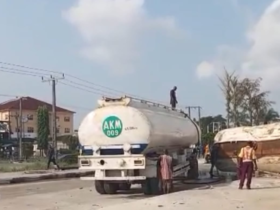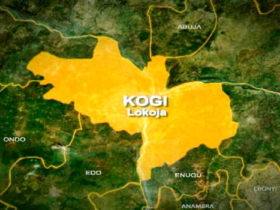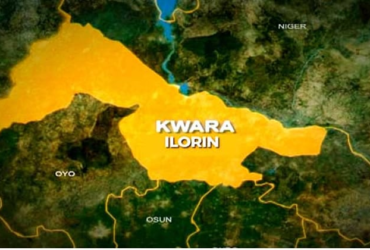The collaboration between the Federal Government of Nigeria and 19 northern states, along with the Federal Capital Territory, is progressing towards endorsing and validating the initial phase of the Strategic Catchment Management Plans as part of the Agroclimatic Resilience in Semi-Arid Landscape project.
A stakeholders’ session in Abuja is scheduled to finalize the endorsement following extensive engagements in the participating regions. Funded by a $700 million loan from the World Bank, the six-year ACReSAL initiative aims to enhance climate resilience in northern Nigeria.
The National Project Coordinator of ACReSAL, Abdulhamid Umar, highlighted that the Strategic Catchment Management Plan, sponsored by the federal government through the World Bank facility, ensures tailored investments based on the specific needs and natural resources of each catchment area. This strategic approach aims to avoid scattered and uncoordinated development efforts.
The focus of the project’s validation session was on the Hadeja Jama’are catchment area spanning Jigawa and Bauchi states. Umar stressed the importance of catchment-based planning to prevent political disputes between states by aligning plans with natural hydrological flows.
The Permanent Secretary of the Federal Ministry of Environment, Mahmud Kambari, praised the initiative, stating that the validated structure and framework will serve as a blueprint for similar plans in other regions. He also highlighted the capacity of Nigerian firms to meet global standards, citing the involvement of firms like Mecon Geology and Engineering Ltd.
The pilot phase of the SCMP involves four states—Yobe, Bauchi, Jigawa, and Kano—where stakeholders collaborated to authenticate collected data based on community priorities such as water needs for drinking or agriculture and flood risks.
The ACReSAL project aims to directly benefit 3.4 million Nigerians, with nearly half being women, contributing to sustainable development and transforming lives. The validation process will lead to a formal presentation to senior government officials and traditional leaders in Abuja.
The project, initiated in 2022 and set to conclude in 2028, is anticipated to enhance resilience, address climate impacts, and drive socio-economic growth in northern Nigeria. The Permanent Secretary of the Federal Ministry of Agriculture and Food Security, Temitope Fashedemi, commended the project for its focus on climate risks and agricultural productivity in the region.
During a technical session on the Strategic Catchment Management Plans, Fashedemi emphasized the workshop’s significance in strengthening resilience in Nigeria’s semi-arid regions. He pointed out Nigeria’s susceptibility to climate risks due to recent disasters like flooding and deforestation impacting agricultural productivity in northern areas.














Leave a Reply